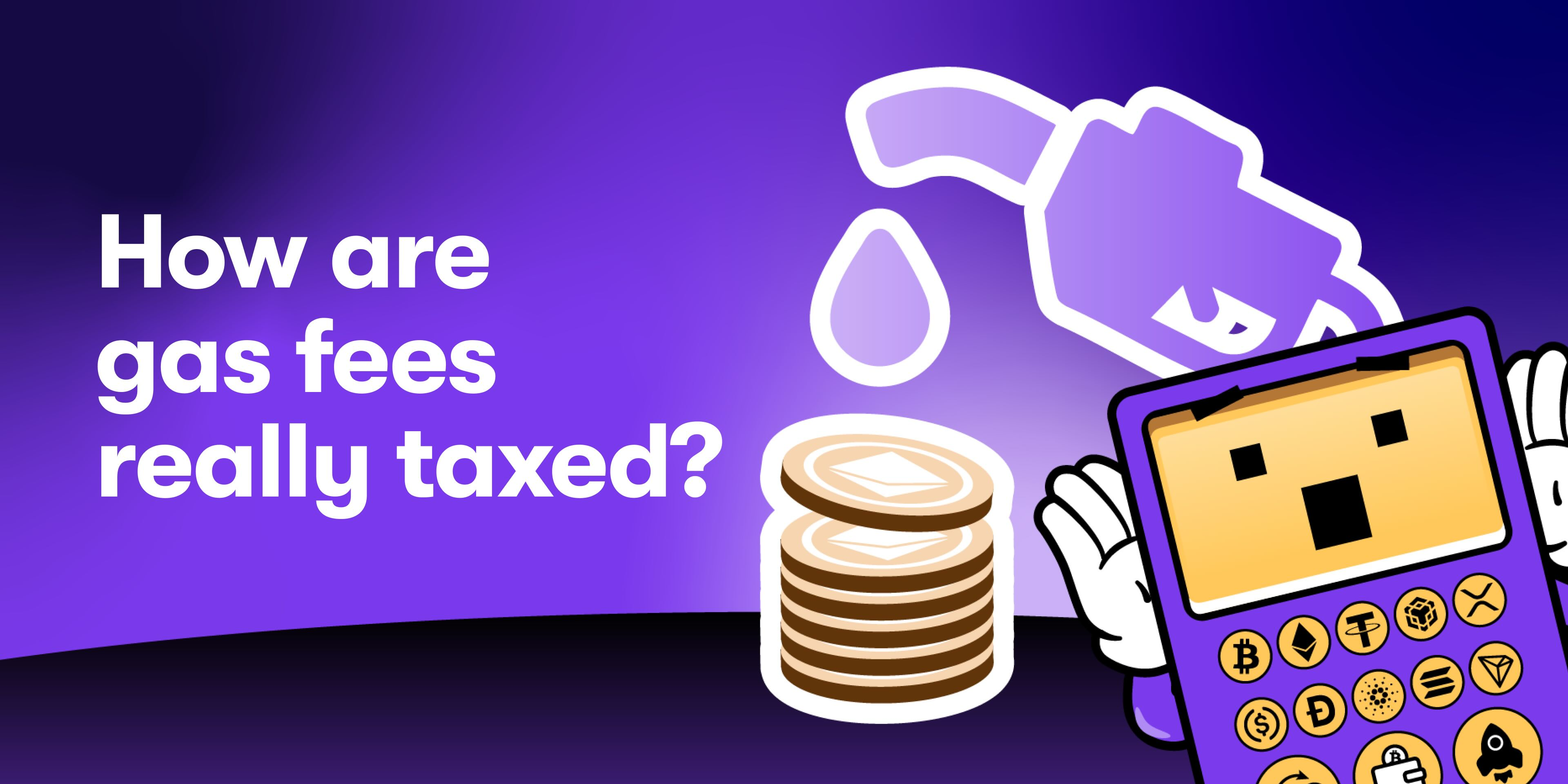At the time of writing gas price is 180 Wei and to do a trade on Uniswap cost around $100 in ETH. This is a significant amount for most users, and adding this to your cost basis is an important part in minimizing your taxes. But in most circumstances you will also need to consider the capital gains realized on the ETH you are spending for gas.
Example:
| Date |
Trade |
Currency |
Price |
Quantity |
Gas (ETH) |
ETH Price |
| 1st Jan 2017 |
Buy |
ETH |
30 |
2 |
- |
- |
| 4th Oct 2020 |
Buy |
SUSHI |
200 |
1 |
- |
- |
| 6th Feb 2020 |
Sell |
SUSHI |
1000 |
1 |
0.1 |
1000 |
| 6th Feb 2020 |
Buy |
DAI |
1000 |
1 |
- |
- |
In the above example Satoshi sells $1,000 worth of SUSHI on Uniswap for DAI. To do this he pays $100 in gas using ETH. He originally bought his Sushi for $200, and his ETH for $30 each. Satoshi realized a profit of $800 by selling his sushi (1000 - 200), but he also had $100 worth of gas fees, so he overall realized gain is $700 (1000 - 200 - 100). However he originally bought ETH at $30, and at the time of the transaction ETH was worth $1000, so Satoshi needs to consider the gain in ETH. This would be calculated as $97 ((1000 - 30) * 0.1). As you can see there is a lot going on here.
Fortunately Crypto Tax Calculator is one of the few crypto tax software offerings to carefully consider this scenario. All you need to do is import your Ethereum public wallet address into our app, and we will automatically categorise all these transactions and handle this calculations for you. All you need to do is sanity check the results and you are sorted.
The information provided on this website is general in nature and is not tax, accounting or legal advice. It has been prepared without taking into account your objectives, financial situation or needs. Before acting on this information, you should consider the appropriateness of the information having regard to your own objectives, financial situation and needs and seek professional advice. Crypto Tax Calculator disclaims all and any guarantees, undertakings and warranties, expressed or implied, and is not liable for any loss or damage whatsoever (including human or computer error, negligent or otherwise, or incidental or Consequential Loss or damage) arising out of, or in connection with, any use or reliance on the information or advice in this website. The user must accept sole responsibility associated with the use of the material on this site, irrespective of the purpose for which such use or results are applied. The information in this website is no substitute for specialist advice.














































































































































































.jpg)




